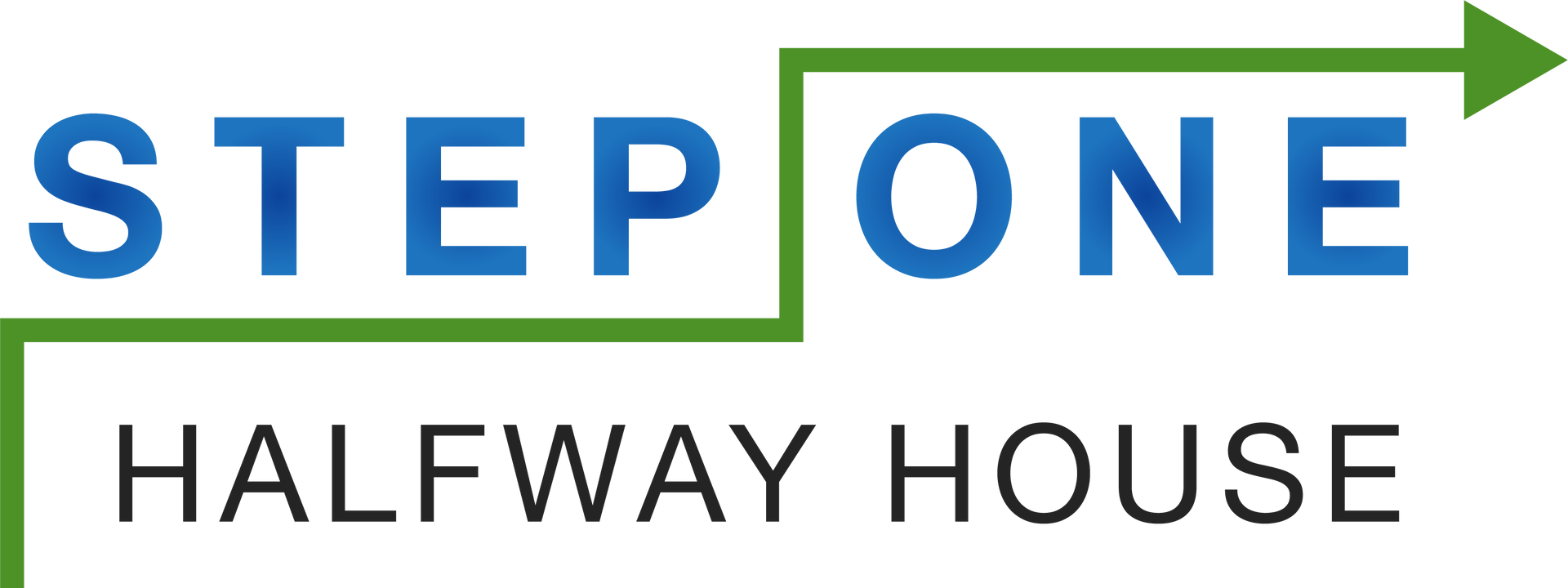The Recovering Entrepreneur’s Guide to Stress-Free Success
The Recovering Entrepreneur’s Guide to Stress-Free Success

The Recovering Entrepreneur’s Guide to Stress-Free Success
Entrepreneurship, while invigorating, can often bring with it a high level of stress and anxiety, which can be particularly challenging for those in recovery from addiction. Balancing the relentless drive for business success with the need to maintain personal health is not just beneficial—it’s essential. This guide delves into several effective strategies designed to help you manage stress, enhance your well-being, and continue your entrepreneurial pursuits without compromising your recovery process.
Seek Help
Navigating the challenges of recovery can be overwhelming, but finding a supportive environment is crucial for success. It's essential to have access to resources that not only offer guidance but also foster a sense of community and stability. Take the first step toward a brighter, sober future with Step One Halfway House, dedicated to providing support and financial relief for recovering addicts and alcoholics in Phoenix, Arizona.
Prioritize Tasks
Crafting and adhering to a consistent schedule is foundational in managing stress. When you outline your daily tasks, prioritize them based on importance and deadlines, and stick to this plan, you create a predictable framework that helps reduce anxiety. This structure allows you to tackle tasks in manageable segments and provides a sense of accomplishment as you check items off your to-do list. A well-organized schedule not only structures your day but also reduces the chaos that can trigger stress and relapse.
Find Power Through Movement
Regular exercise is not just about physical health; it's a potent stress reliever that boosts your mental well-being. Integrating physical activity into your daily routine can help alleviate anxiety, enhance your mood, and sharpen your focus. Whether it’s a morning jog, a midday yoga session, or an evening walk, find an activity you enjoy and make it a non-negotiable part of your day. By dedicating time to physical health, you fortify your mental resilience against the everyday stresses of entrepreneurship.
Organize Your Documents
Efficiently maintaining your business and financial documents can dramatically reduce stress. Saving business documents as PDFs ensures consistent formatting across different devices and platforms, making them easy to share and secure. If you need to separate documents, using a PDF splitter tool allows you to split PDF files to extract specific pages or sections, enhancing organization and accessibility.
Fuel Your Body
Your physical well-being directly impacts your mental health. Staying nourished and hydrated throughout the day boosts your energy levels, improves concentration, and stabilizes your mood. Make conscious food choices that sustain your energy rather than opting for quick fixes that lead to crashes. Similarly, regular hydration keeps your mind refreshed and more alert. Proper nutrition supports cognitive function and emotional balance, which are essential for handling the demands of business management.
Embrace Creativity
Incorporating fun and creative activities into your day can serve as a powerful antidote to stress. These activities break the monotony of work and spark joy and inspiration, which are crucial for long-term success. Whether it's sketching, playing a musical instrument, or gardening, find activities that relax you and allow for a mental break from business pressures. Engaging in creativity is an effective way to recharge and maintain enthusiasm for your entrepreneurial endeavors.
Learn to Say “No”
Learning to say “no” is a vital skill for maintaining boundaries and reducing stress. It’s important to evaluate opportunities and commitments critically and determine whether they align with your goals and mental health needs. Saying “no” to unnecessary commitments allows you to focus on your recovery and the essential aspects of your business. Mastering the art of refusal can significantly lessen the burden of stress and prevent overcommitment, which is crucial for maintaining sobriety and business success.
Disconnect to Reconnect
Limiting your exposure to social media and the news is essential for mental well-being. Constant connectivity can lead to information overload, increase anxiety, and distract you from your recovery and business goals. Designate specific times in the day for digital check-ins, and disconnect afterward to focus on your business and personal health. This strategy helps preserve mental energy and keeps you grounded in your recovery and entrepreneurial journey.
As you tread the challenging path of entrepreneurship while in recovery, remember that your journey is unique and demands tailored strategies to foster both personal and professional growth. Embrace these practices not as temporary fixes, but as permanent fixtures in your life's blueprint. Your commitment to this balanced approach will pave the way for a resilient and rewarding future.
RECENT ARTICLES












